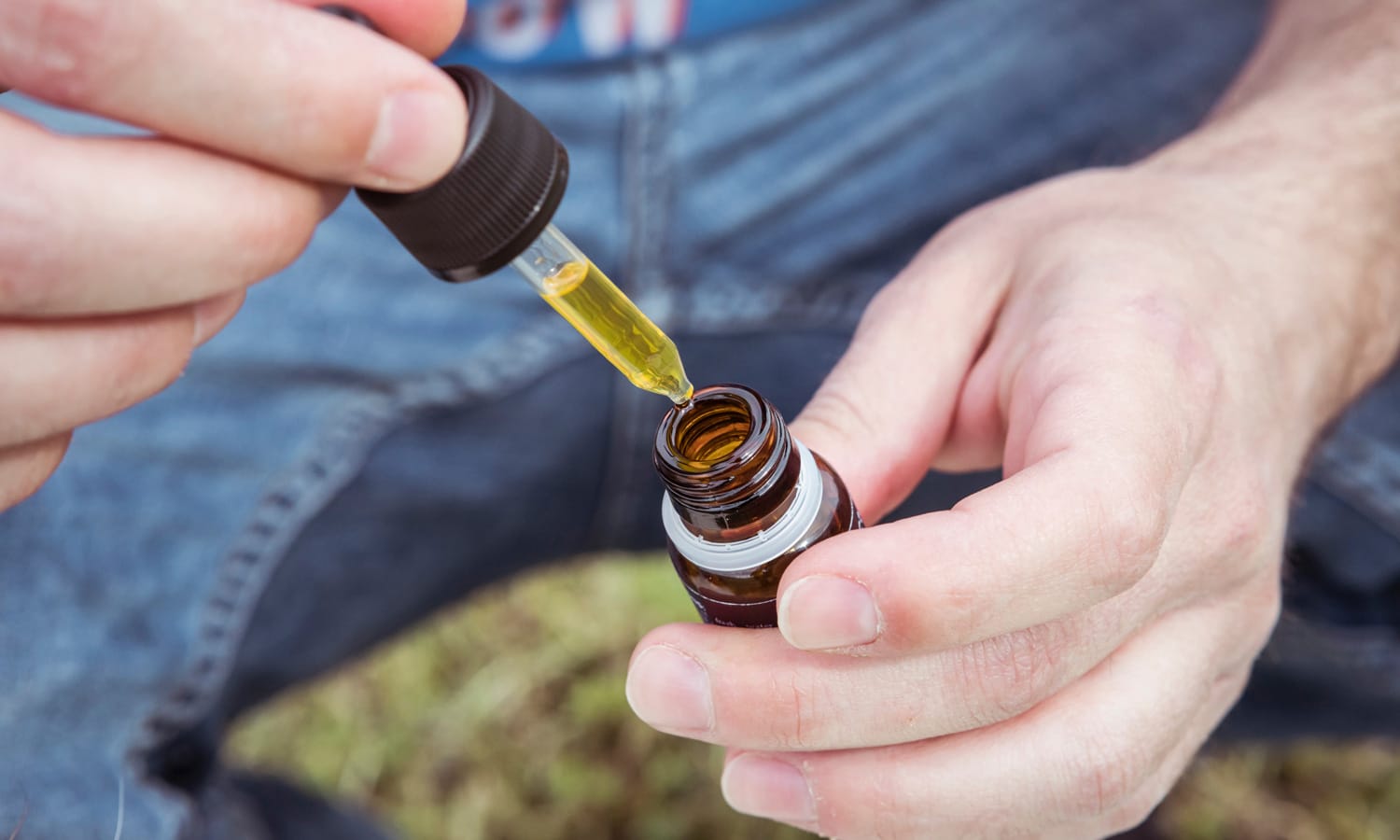There can be some pretty severe consequences for Hemp CBD businesses that rely on what they read after a five-minute Google search to make big-picture business decisions.
When it comes to hemp-derived CBD (“Hemp CBD”), the best advice we can give is not to trust most of what’s out there on the internet. No, I am not talking about the claims of medical benefits for Hemp CBD (which could be the subject of its own entire post), but rather about whether or not Hemp CBD is legal.
As I write this post, the 2018 Farm Bill is just over a year old. Generally, when such a significant law has been on the books for about a year, it’s easy to find reliable and accurate information about that law online. But for whatever reason, there is still so much inaccurate information about Hemp CBD online in the wake of the 2018 Farm Bill.
For example, anyone who does a Google search for “Is CBD legal in X state” will likely see numerous sources that claim that CBD is completely legal, or at least fail to address critical legal nuances that may clearly bar one class of products (such as Hemp CBD foods) while leaving others in a gray area (such as cosmetics). A person can even find websites making claims that Hemp CBD is lawful in states like California that have made clear since months before the 2018 Farm Bill was passed that certain Hemp CBD products are not lawful.
RELATED: Social Media Bans On CBD Ads Make No Sense
Many dubious sources also ignore the FDA’s long-stated position that some Hemp CBD products are not lawful. I still even hear, on a semi-regular basis, people say that “I read online that the 2018 Farm Bill legalized all Hemp CBD products, right?” (If you couldn’t guess where I was going with this, the answer is no.) The persistence is remarkable.

I can’t comment on the reason why there is so much incorrect information about Hemp CBD online. But I can say that there can be some pretty severe consequences for Hemp CBD businesses who rely on what they read after a five-minute Google search to make big-picture business decisions. On numerous occasions, our Hemp CBD lawyers have spoken with business owners who have done just that, and in some cases have invested a lot of money into proposed ventures that need to be completely scrapped or at least heavily retooled.
RELATED: Where Do Federal Agencies Stand On CBD?
The moral of the story is that businesses need to do their homework before jumping into the Hemp CBD game. It’s not always easy to do tons of up-front work in an industry that is so rapidly evolving and when getting in first can mean more success. But doing the leg work up front can often mean the difference between being on the FDA or some state agency’s short list for an enforcement action, or operating without avoidable problems.
While Google can be a valuable starting point in many industries, it should not be the only source that Hemp CBD businesses should look to when developing products or strategies.
Griffen Thorne is an attorney at Harris Bricken. This article originally appeared on the Canna Law Blog.


